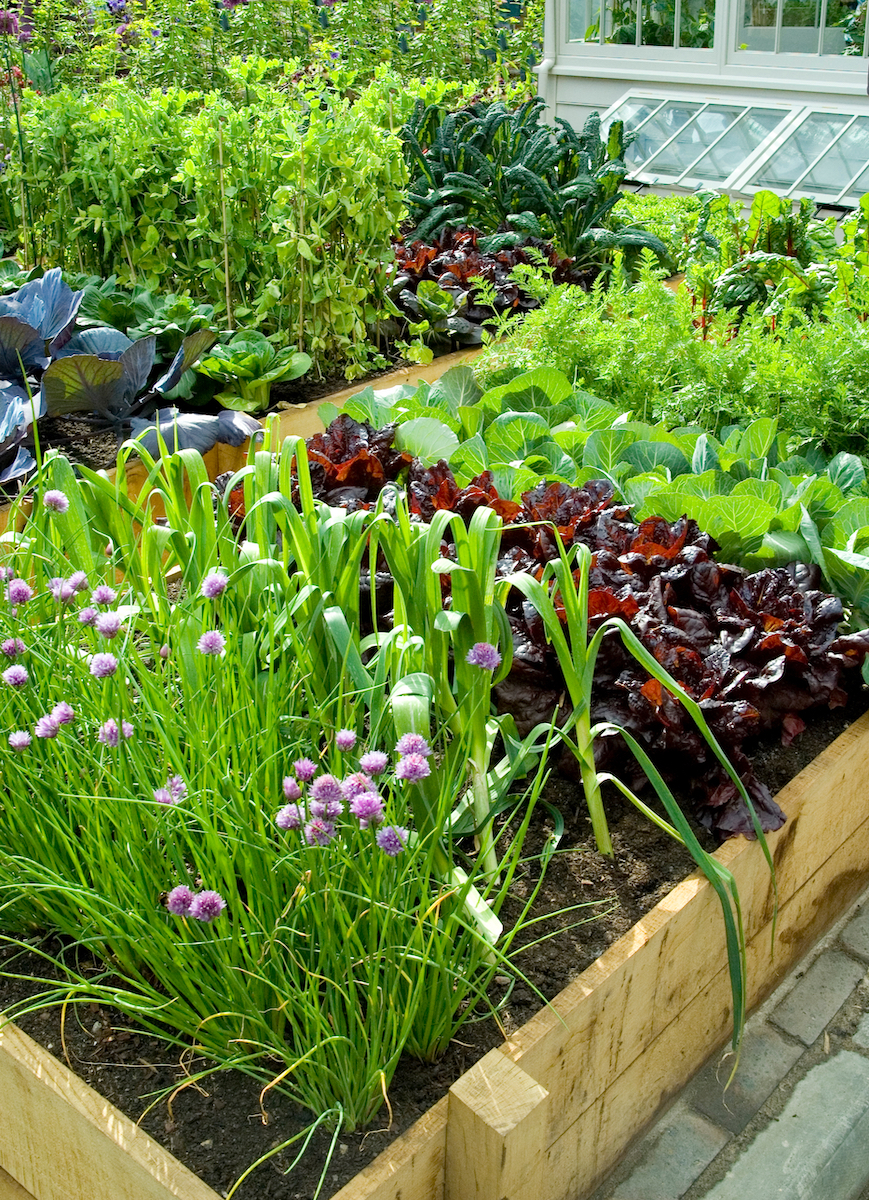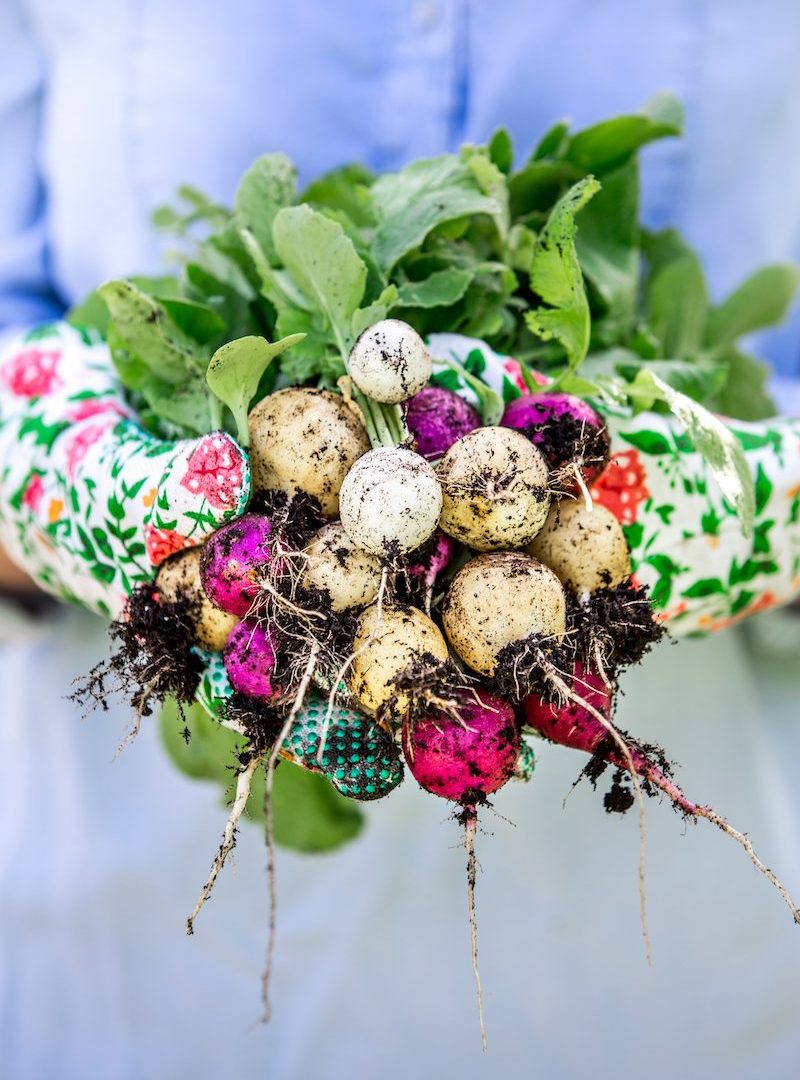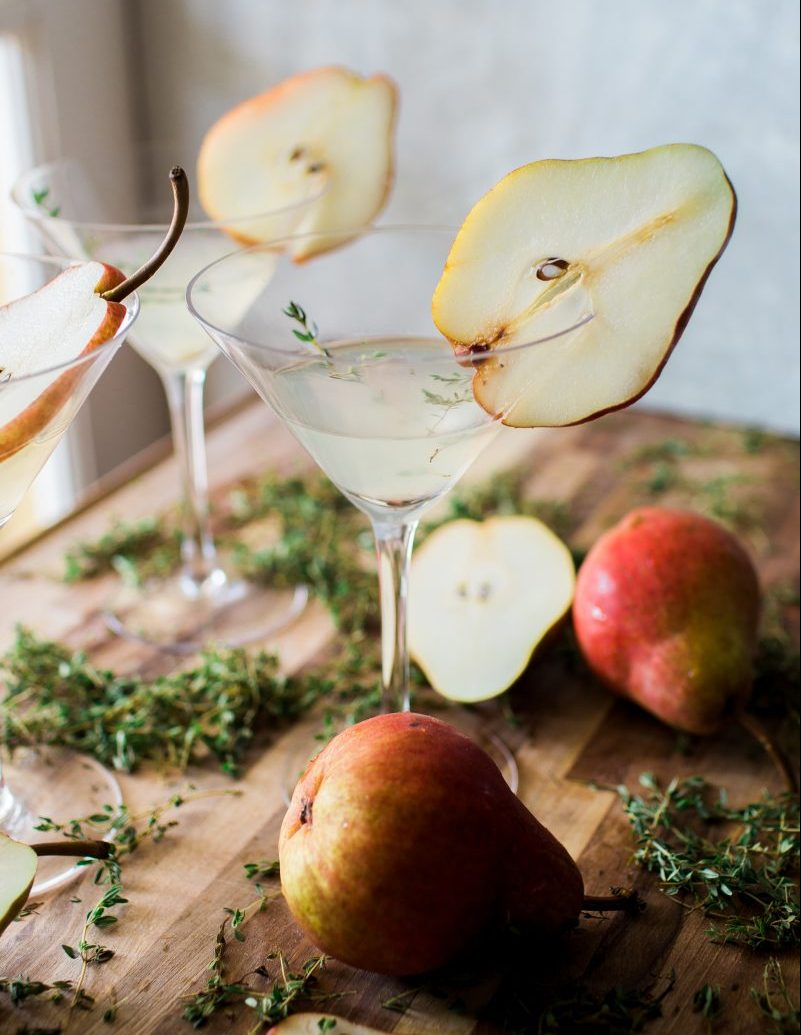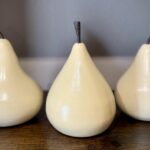The winter season in Florida is one of the many things we can brag about to our relatives and friends up North. The mild temperatures make it the ideal time for outdoor entertaining, recreation, and, of course, gardening.
With the right selections and care, you can have vegetables, fruits and flowers that bloom full force all season long. Eager to dig in but need some inspiration to get your growing? Look to the suggestions below for winter gardening inspiration.
If you are lucky enough to have a raised bed or are short on garden space, container gardens are an excellent way to efficiently grow a variety of vegetables and herbs. Using a garden soil that is rich in organic materials and checking regularly for pests and disease, will ensure that many favorites will grow well into spring. Classic greens such as collards, kale and mustards are star performers in raised beds and can be planted from December to February. If fruit is more your passion, strawberries are another container garden treat that we can enjoy all winter long.

Those longing for traditional seasonal fare will be thrilled to know that familiar favorites like beets, turnips, and winter squash can all be planted successfully in winter. Herbs such as rosemary, basil, dill and thyme thrive all winter long and are crucial for seasoning holiday meals. They also serve as perfect partners for seasonally themed cocktails for your holiday entertaining. Pear and thyme martinis, anyone? (scroll down to see our recipe for a pear and thyme martini.)

Color is in abundance all winter long and many favorites from Northern states, such as mums and geraniums, brighten up green spaces. Camellias and azaleas dazzle throughout February and can easily handle nights of cooler temperatures. Impatiens, petunias and snapdragons can blend right in with even the most tropical of landscape beds while violas and sweet alyssum make stunning container garden or window box displays. Many of our native shrubs and trees such as magnolia, yaupon holly and simpson stopper provide natural pops of green foliage and red berries and are natural way to decorate for the winter holidays. Foliage, berries, vines and even moss can make lovely table centerpieces and decorative wreaths perfect for dressing up your home or gifting.
Winter is also a great time for planning and projects. Now is the time to clean out garden beds, transfer sensitive tropical plants indoors and perhaps lay down fresh mulch. If a freeze is in the forecast, you might want to consider covering sensitive outdoor plants like palms, fruit trees and tropical shrubs.
January and February are ideal months to prune roses and other flowering shrubs such as crape myrtle. Deciduous fruit trees like peaches and plums can also be pruned back. Water needs vary depending on how mild our winter is here, so be sure to keep an eye on both your plants and your irrigation system.
As much as we might wish, pests do not take a winter holiday so keep up the practice of scouting for harboring insects, especially on the undersides of leaves. It is never too early to start planning for the transition to spring gardening. A little bit of prep and planning now means a year of gardening success. This winter, make a New Year’s resolution to enjoy the bountiful blooms of your Florida garden in 2020!
Sources:
Sydney Park Brown and Thomas H. Yeager. (2009). Cold Protection of Landscape Plants. Gainesville: University Press of Florida.
Florida Fruit & Vegetable Gardening: Plant, Grow, and Harvest the Best Edibles (Fruit & Vegetable Gardening Guides). Robert Bowden. 2015.

Thyme & Peartini
Makes: 1 Cocktail
Ingredients:
- 2.5 oz pear vodka
- 1.5 oz dry vermouth
- Ice
- 1 slice pear
- Sprigs of fresh thyme
Directions:
- Stir vodka, dry vermouth and ice together in a cocktail shaker and strain into a chilled martini glass.
- Garnish with a slice of pear and sprigs of thyme.

Amanda Rose Newton
Amanda Rose Newton is a Florida certified horticulture professional; board certified entomologist, beekeeper, and educator. She holds an Associates of Science in Horticulture Technology, A Bachelor of Science in Biochemistry, a Master’s of Science in Entomology with a specialization in Integrated Pest Management, and is currently pursuing a Doctorate at Florida Institute of Technology.




